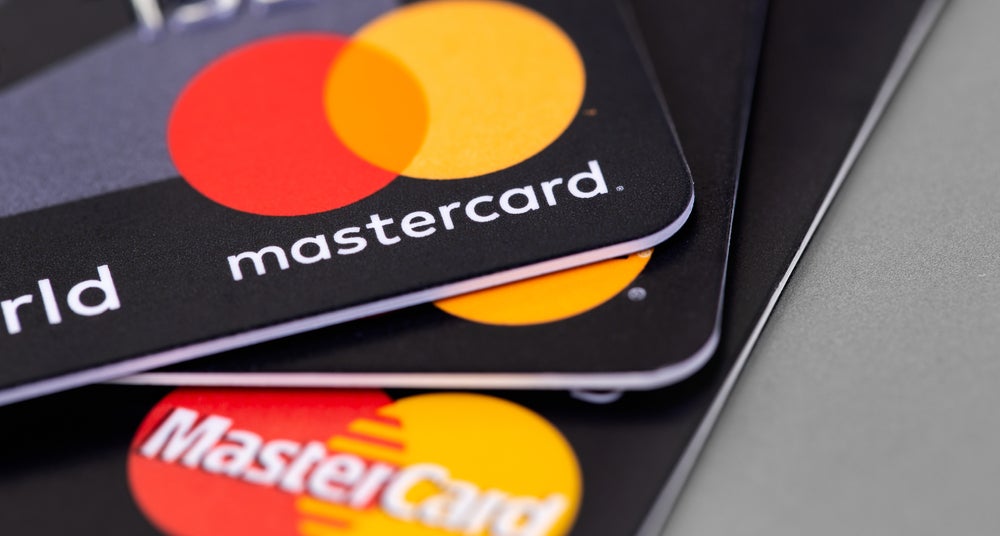Cards growth is accelerating in Kuwait, albeit from a low base, as the country’s payment infrastructure improves. Investments from Visa and Mastercard have instigated a situation whereby more investors are eyeing the country as a potential growth market with a lot of unearthed potential
Cash remains the preferred mode of retail payment in Kuwait, primarily for transactions less than $100 (KUD30.50). Kuwait’s broadly safe environment, with low levels of pickpocketing, snatching and mugging, encourages consumers to use cash. However, payment cards are also gradually gaining prominence with the improvement of payment infrastructure, the adoption of new technology such as Europay, MasterCard and Visa (EMV) and contactless, as well as the expansion of Islamic banking.
In October 2009, Visa aligned with the National Bank of Kuwait and Zain to commence the first trial of near field communication (NFC) technology in the country. This technology is largely accepted by merchants, and offers low-value payment solutions such as NFC wallets and over-the-air card-provisioning software.
To expand the adoption of contactless payments, mobile payment provider Boloro partnered with Zain in February 2013, to conduct a pilot programme on public transport. Bus travellers were provided contactless stickers and were able to pay fares by tapping their phone against payment terminals on selected buses. Consumers were also permitted to make online and in-store payments using contactless Boloro stickers.
In September 2015, Gulf Bank partnered with KNET and MasterCard to launch a contactless POS terminal that can be used to accept NFC payments. In February 2016, Boubyan Bank partnered with digital security company Oberthur Technologies to offer contactless payment cards in Kuwait.
The frequency of use per card in Kuwait was 52.7 in 2015 – higher than the UAE (47.6), Lebanon (31.6), Oman (23.1) and Bahrain (16.9).
How well do you really know your competitors?
Access the most comprehensive Company Profiles on the market, powered by GlobalData. Save hours of research. Gain competitive edge.

Thank you!
Your download email will arrive shortly
Not ready to buy yet? Download a free sample
We are confident about the unique quality of our Company Profiles. However, we want you to make the most beneficial decision for your business, so we offer a free sample that you can download by submitting the below form
By GlobalData
Rise in Sharia-compliant banking
The expansion of Islamic banking has increased competition in the domestic financial sector.
The share of Islamic banking assets in Kuwait was the fifth-largest in the world as of June 2014, and its expansion has led many conventional banks to convert to Islamic banks. Commercial Bank of Kuwait, for instance, converted into an Islamic bank in 2014. Kuwait International Bank and Ahli United Bank converted in 2007 and 2010, respectively, and have modified and improved their Sharia-compliant products.
To capitalise on the trend, banks have started offering Sharia-compliant credit cards. Kuwait Finance House launched the Sharia-compliant Visa Signature credit card in April 2015. Kuwait International Bank and Ahli United Bank also offer Sharia-compliant credit cards.

Integrated GCC POS service
The debit card market accounted for 89.9% of the overall payment card transaction value in 2015.
To encourage debit card use, the central banks and monetary authorities of the Gulf Cooperation Council (GCC) countries launched an integrated GCC POS service in April 2014, allowing debit cardholders in GCC countries to make purchases at all POS terminals in the region, in a move to reduce associated debit card transaction costs.
In 1999, the region’s ATM network was interconnected through the GCC ATM service. Wider acceptability, cost benefits and convenience of use are expected to boost debit card transactions.
Demand for premium cards is rising
Demand for premium cards is high due to Kuwait’s growing high-income population. Consumers have become more sophisticated, and cards are now an essential part of their lifestyles. Local consumers demand high-quality services and rewards, and in response banks are offering exclusive benefits and rewards to serve the most profitable customers.
Warba Bank introduced exclusive offers for premium credit cardholders in July 2015, offering discounts on bookings at around 100 five-star hotels worldwide, free overnight stays, and discounts at over 35 restaurants in Kuwait.
In July 2014, Gulf Bank launched the World MasterCard credit card which offers multiple benefits including the Gulf Rewards Programme, special discounts provided by MasterCard and Gulf Bank, a global concierge service, complimentary travel insurance, and airport lounge access in the Middle East.

Rise in e-commerce
E-commerce grew from $400m in 2011 to $1.3bn in 2015, at a compound annual growth rate (CAGR) of 33.36% between 2011 and 2015. Kuwait’s e-commerce market is mainly driven by rising internet penetration and a high per capita income – the fourth-highest in the world as of July 2016. Transaction safety, convenience, speed and value for money are also driving e-commerce in Kuwait.
To capitalise on the rising e-commerce market, banks now offer customised cards to online shoppers.
Gulf Bank provides the Visa Internet credit card exclusively for online shopping; this EMV-enabled chip card is offered free of charge for the first year.
Alternative payments are also gaining prominence in e-commerce, with the availability of PayPal and Boloro.
Infrastructure growth
The number of ATMs increased from 1,238 in 2011 to 1,708 in 2015. This number is expected to reach 2,085 in 2020. Similarly, the number of POS terminals increased, from 25,596 in 2011 to 43,322 in 2015.
NBK offers multi-currency ATMs at Kuwait International Airport, allowing consumers to withdraw cash in six different currencies: the Kuwaiti dinar, the US dollar, the euro, the pound sterling, the Emirati dirham and the Saudi riyal.
The industry also registered an increase in the uptake of mPOS solutions.
International telecommunications company Ooredoo and mobile payments solutions provider GoSwiff entered into a partnership to launch an mPOS solution in Kuwait in December 2015.
The partnership enables GoSwiff to offer a multi-payment mPOS solution, mobile money and airtime top-ups for Ooredoo’s customers.







